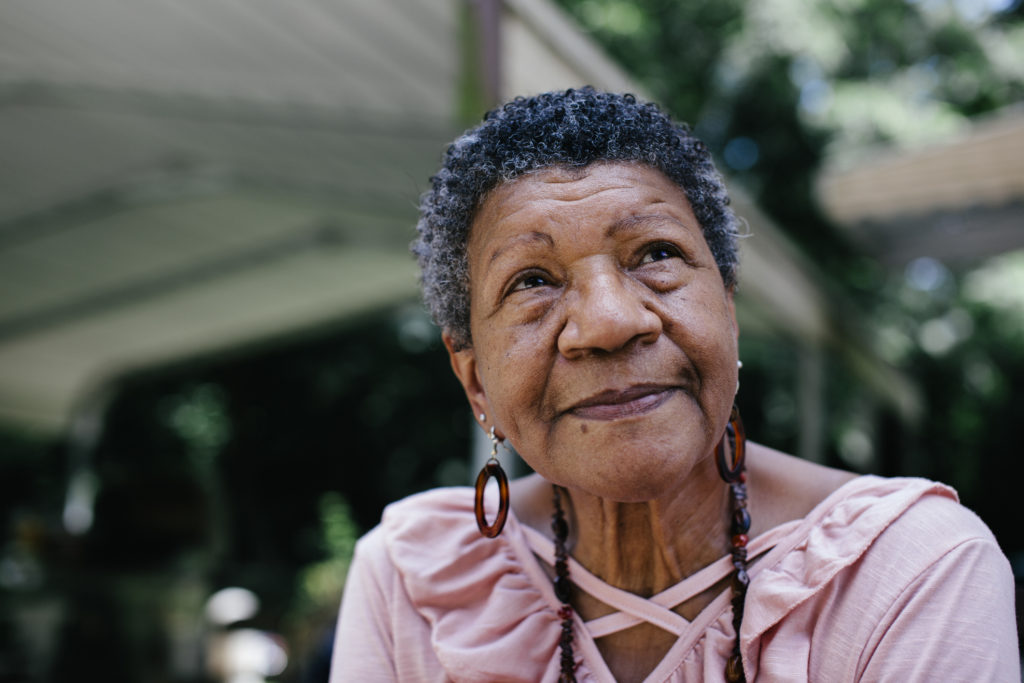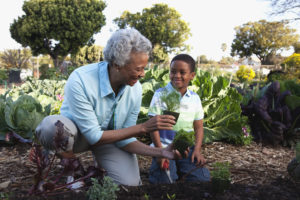
Who's the oldest person you know? Think about it. If they are in their 70's, 80's, 90's or even lived to be in their hundreds, they might have this one hobby in common.
As a matter of fact, it's proven that nearly all centenarians, or people that live to be 100, all share in ONE particular hobby.
There are more centenarians living today than ever before. The United Nations estimated there were 343,000 centenarians worldwide in 2012, a figure projected to grow to 3.2 million by 2050. The United States has the most centenarians, with an estimated number of about 80,000. Japan follows, with an estimated 47,700, and is also home to the “official” oldest living person in the world, Yone Minigawa, age 114.
Lifestyle is thought to play an important role in extreme longevity. With that, a 36-year study revealed that one hobby was most common in every person living to be 100 or more: In each community, the oldest people garden well into their old age.
That’s no coincidence, as there’s plenty of research to prove that gardening increases well-being and longevity. Here's why:
1. It reduces stress and makes you happier
In my research on centenarians and supercentenarians, it's clear that these folks do not do stress or stressful situations--AT ALL. If there's an issue, they deal with it knowing that they will still come out on top. Many deal with things with a "and this too shall pass" mindset. So it's no wonder that gardening can help reduce symptoms of depression and anxiety.
“Gardening gives you a chance to focus on something and put your mind to work with a goal and a task in mind,” UNC Health internal medicine physician Dr. Hutchins. “Which is helpful especially now with so much illness and death and talk of death, just to see things growing and things thriving.”
Getting dirt under your nails while digging in the ground can make you pretty happy. In fact, inhaling M. vaccae, a healthy bacteria that lives in soil, can increase levels of serotonin and reduce anxiety.

2. It’s good exercise (physically and mentally)
Yes, gardening still qualifies as exercise. Different types of gardening require different amounts of physical activity.
“Working in the garden restores dexterity and strength, and the aerobic exercise involved can easily use the same number of calories as might be expended in a gym,” according to Richard Thompson, a researcher at London’s Royal College of Physicians.
Turning the earth and digging up stones, for example, can be one of the most strenuous things you’ll ever do. At the other end of the spectrum, pruning roses bushes and planting seeds constitute may be mild exercise but they still keep you in contact with mother nature and take concentration.
Research also shows that just five minutes of working in a backyard garden, on a nature trail, or other green space will benefit mental health.
Findings appeared in the American Chemical Society’s Environmental Science & Technology journal.
The multi-study analysis assessed the best regime of dose(s) of acute exposure to this type of "green" exercise required to improve self-esteem and mood (indicators of mental health).
3. You’ll eat more organic food
If you grow fruits and vegetables, as many centenarians do, you’ll gain the health benefits of adding these items to your daily diet. Take my uncle for example. He's 88 and still gardens, grows his own cucumbers, cabbage, tomatoes and more and the man can outrun most people half his age!
Not only will you be eating more plants, you’ll also get more nutrition from them. Most fruits and vegetables lose 30% of nutrients three days after harvest due to respiration — a natural process by which they continue to “breathe” after they’re removed from the ground. (If you buy produce in a supermarket, there’s a high probability it was picked several days earlier or even longer.)
In terms of reducing the time between harvest and consumption, nothing beats pulling a berry off a bush and popping it into your mouth, or tearing off lettuce leaves to prepare a salad. Plus, it tastes a lot better.









